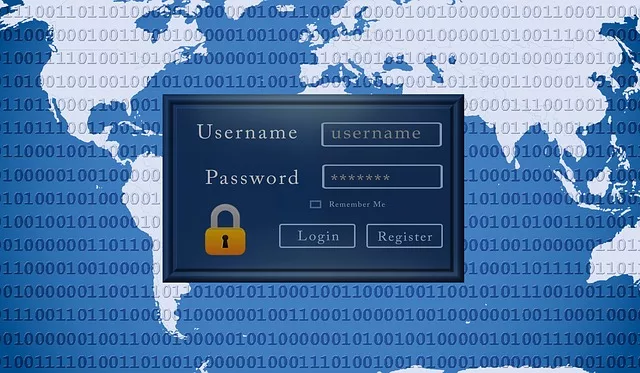How to Avoid New Scams Targeting Veteran Benefits

Ever since the passage of the PACT Act, which expands VA benefits to qualifying veterans who suffer medical complications from duty-related toxic exposures, there has been a rise in scams targeting those who might benefit from the PACT Act.
How widespread is this problem? The official site for AARP notes, “With new benefits come new scams, including attempts to charge veterans unwarranted fees or hijack their personal data.”
A 2023 AARP article warning about such problems notes that earlier in 2023 the VA reported ”an increase in PACT Act-related phishing (email), vishing (phone) and social media scams aimed at veterans and their PACT Act benefits.”
Related: The PACT Act and Your VA Benefits
How To Protect Your VA Benefits From Scammers
There are many steps you can take to protect yourself from being scammed in any way, not just during times when a third party might approach you about your benefits.
One of the first steps to take when trying to protect yourself? Signing up for the National Do Not Call Registry. After you sign up, you’ll need to wait 31 days for your signup to take effect.
If you get unsolicited phone calls after those 31 days, report them to the Federal Trade Commission. You aren’t guaranteed to stop getting calls after signing up, but the volume of such calls may be dramatically reduced.
Another essential thing to remember about avoiding a scam? Never respond to unsolicited text, phone call, voice mail, email, text message or contact via social media (Facebook, Instagram). This is true for most unsolicited emails, not just those related to VA benefits.
If someone contacts you about your VA benefits, and you did not initiate that contact, do not reply directly to any message. Instead, contact the VA directly through their central number (1-800-827-1000) or by visiting VA.gov.
Calling a phone number provided by a third party is likely to lead to a scammer and not to a VA representative. The same is true for any email or links sent to you without you asking.
Don’t click on those links. Instead, access your VA benefits platform the way you normally do when checking or applying for benefits. Do not reply or click through from the text, email, social media messages, etc.
Beware of Phishing
VA.gov reminds, “Malicious parties will often use ‘phishing’ to lure users to lookalike websites and encourage them to enter login or other sensitive information.”
Never click on a link sent to you by someone you do not know, and before you enter any username or password, make sure the site has a .gov address, a .mil address, or is an approved third-party partner site such as ID.me.
Phishing involves tricking you into sending sensitive information or telling someone the information on the phone. One telltale sign of a scam?
When someone calls you and says–without asking for your name or other information, that “our records indicate that you qualify” for benefits or other options. How can a scammer know that you qualify without even knowing your name?
Protect Yourself When Applying for VA Benefits
VA.gov advises veterans to create a Login.gov account and use that to access VA benefits, applications, status updates, and more. Furthermore, in the future, you may not always have a choice but to create an account using Login.gov. Why?
VA.gov states, “Soon all VA websites will follow a new sign-in process through VA.gov with Login.gov as the recommended account.”
Login.gov is an encrypted online platform “created, maintained and secured” by the federal government. Login.gov is a centralized way to access any digital VA service, benefits information, health care, and “information traditionally found on My HealtheVet.”
A number of federal agencies outside the Department of Veterans Affairs also use Login.gov.
Related: What Forms do I Need for a VA Disability Claim?
Are You the Victim of a Scam?
Have you been approached by a third party about VA benefits? Contact the Department of Veterans Affairs immediately if you worked with someone you don’t know and suspect you may have been scammed or taken advantage of.
Have you missed a VA benefits payment or noticed unusual activity associated with your benefits? Contact the VA immediately.
The same applies if you notice unusual activity in your Direct Deposit account. Call the VA directly at 1-800-827-1000. You should also consider filing a complaint with the Department of Veterans Affairs VA’s Office of Inspector General website or call 1-800-488-8244.
What to Know About Login.gov
Are you a DS Logon or MyHealtheVet user? The VA says you may continue using those services for now, but they strongly recommend creating a Login.gov account “for continued support and security.”
Related: 5 Tips for Applying for VA Benefits
About the author
Editor-in-Chief Joe Wallace is a 13-year veteran of the United States Air Force and a former reporter/editor for Air Force Television News and the Pentagon Channel. His freelance work includes contract work for Motorola, VALoans.com, and Credit Karma. He is co-founder of Dim Art House in Springfield, Illinois, and spends his non-writing time as an abstract painter, independent publisher, and occasional filmmaker.


